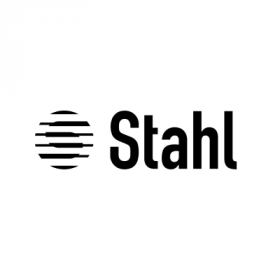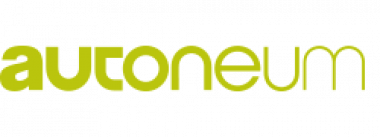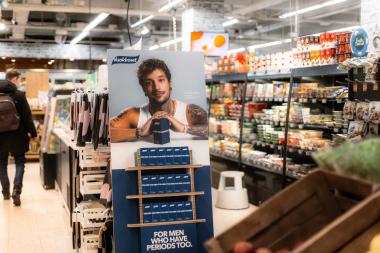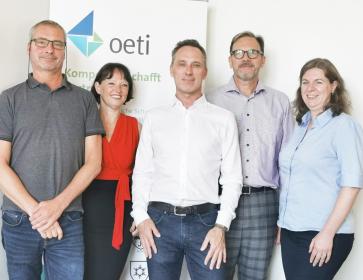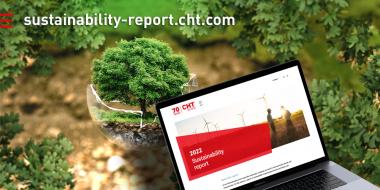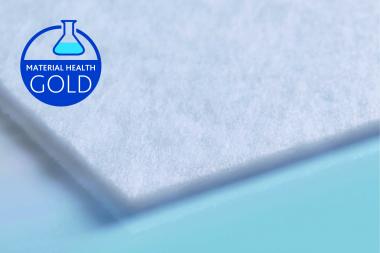EEA/ECHA: Europe-wide assessment of chemical pollution
The transition towards safer and more sustainable chemicals is progressing in some areas, while in others, it is just beginning. This is the finding of a first, joint Europe-wide assessment of the drivers and impact of chemical pollution by the European Environment Agency (EEA) and the European Chemicals Agency (ECHA). The benchmarking found that more work is still needed to reduce the impact of harmful substances on human health and the environment.
The number of industrial chemicals scrutinised under the EU’s chemicals legislation to determine their safety has increased substantially. Authorities now have much better knowledge about the hazardous properties of chemicals that are used across the EU, resulting in many actions to minimise and control the risks of several groups of substances.
According to the joint EEA-ECHA synthesis report on the EU indicator framework for chemicals, the overall use of the most harmful chemicals (in particular those that are carcinogenic, mutagenic and reprotoxic) is still growing but more slowly than the overall chemicals market growth. Pressure is increasing to avoid the use of so-called substances of concern and to implement the principles of the safe and sustainable by design framework.
There is a need to more effectively ensure that consumer products do not contain the most harmful substances, for example chemicals that are endocrine disrupting, that negatively affect the hormone system, or substances that are persistent, bioaccumulative and toxic, which present a risk for years to come even after their use has ceased.
More data and information are needed to better understand human and environmental exposure to those most harmful chemicals and their impacts. Still, the indicators show clearly that the shift to safe and sustainable chemicals must continue and should even be accelerated.
The report is based on a set of 25 key indicators, which monitor the drivers and impacts of chemical pollution in Europe.
Key findings
- Transition towards safer and more sustainable chemicals is progressing in some areas while in others it is just getting started.
- Action by authorities and industry has supported minimising and controlling the risks from several groups of hazardous chemicals. Efforts are ongoing to increase knowledge on chemical hazards and support risk management action where needed.
- Available data suggest that there is little evidence of progress towards eliminating substances of concern from waste and secondary materials. This is a barrier to the transition towards a more circular economy.
- Emissions of certain chemicals to water and air have fallen following specific EU regulations (e.g., on industrial emissions) and international actions, but further measures are needed to reach concentration levels that are not harmful for human health and the environment.
- Emissions from industry still lead to major costs in terms of damages to human and ecosystem health.
- Human biomonitoring offers the opportunity to understand human exposure to chemicals from multiple sources and thus health risks associated with chemical pollution. As such, biomonitoring forms a key tool to measure the effectiveness of chemicals legislation in protecting human health and the environment.
European Chemicals Agency





